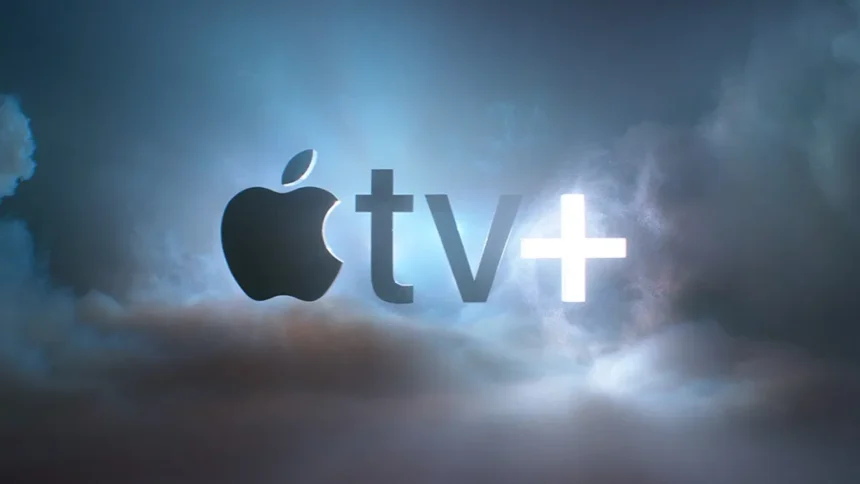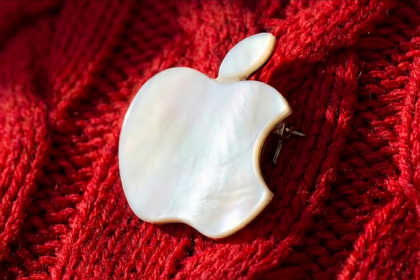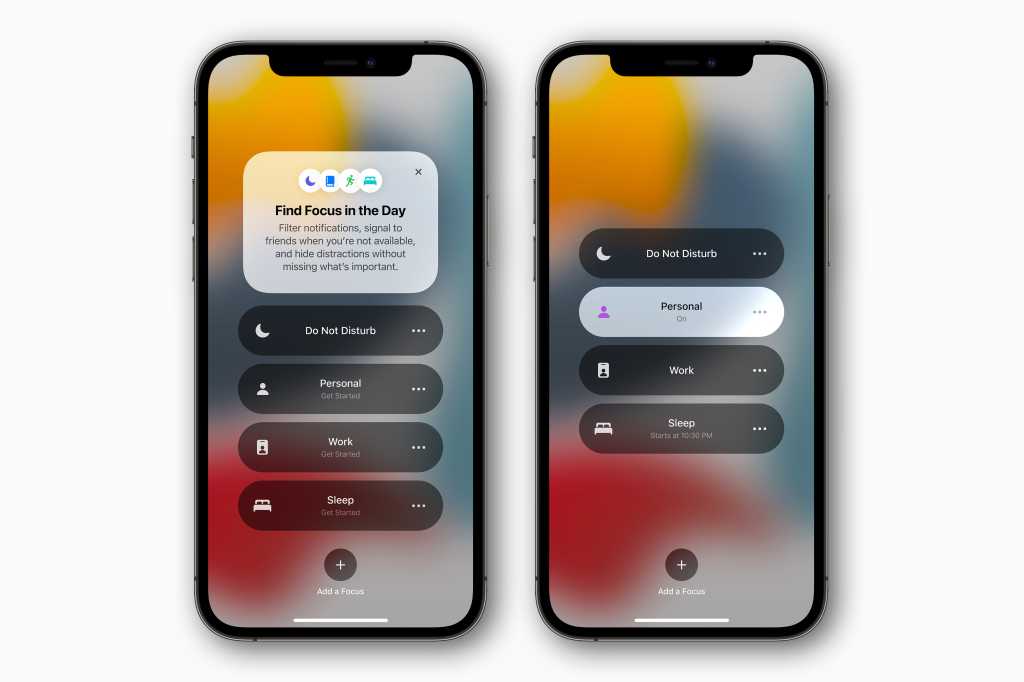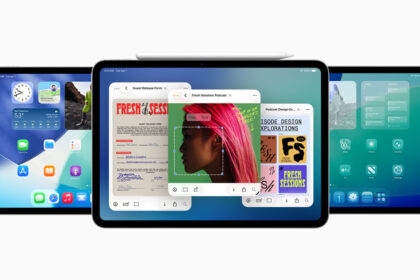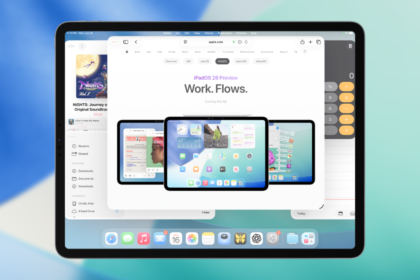Apple’s video streaming service, now officially known as Apple TV, continues to defy expectations, with its subscriber base growing steadily despite multiple price hikes and a challenging content landscape. Over the past three years, the company has raised the monthly subscription cost three times, yet interest in the platform appears to be stronger than anticipated.
While industry analysts and data from FlixPatrol had pegged Apple TV’s global subscriber count at around 45 million, Apple Services Senior Vice President Eddy Cue revealed on The Town podcast that the actual figure is “significantly more than that.”
However, he declined to provide an exact number, keeping Apple’s typical secrecy around performance metrics intact. If the rumoured number were accurate, Apple TV would be positioned just ahead of Peacock, which reportedly has about 41 million subscribers. Some estimates have been even lower—around 30 million—showing how difficult it is to gauge Apple’s true market share.
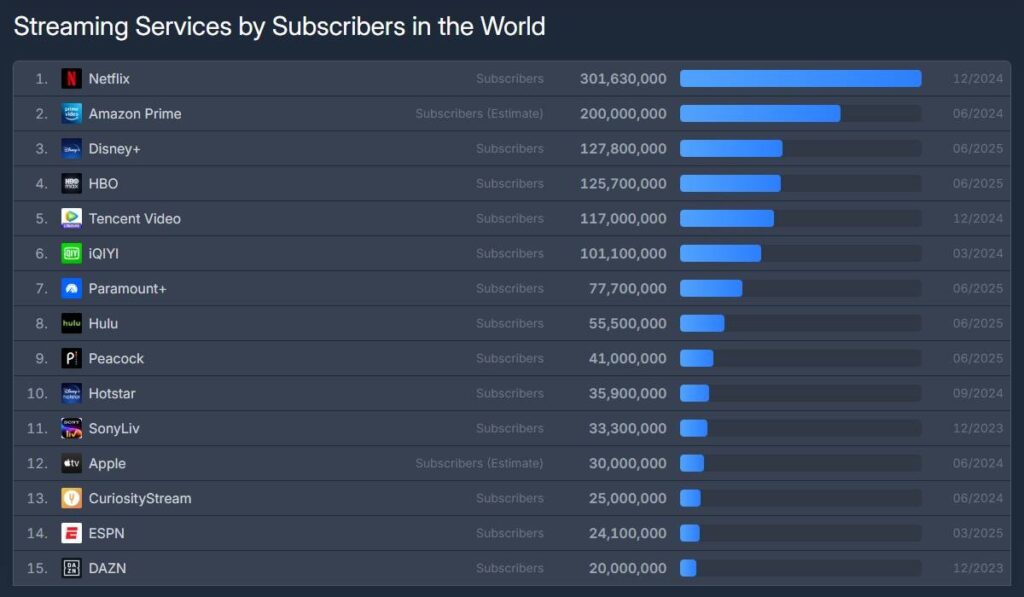
Apple’s path in the streaming wars has been particularly difficult. Unlike Netflix, which had a massive early advantage, or competitors like Disney+, Paramount+, and Max, which all benefit from vast studio libraries, Apple launched its platform without any legacy catalogue.
From day one, the company has relied entirely on original programming such as Ted Lasso, The Morning Show, Severance, and Foundation to draw in viewers.
Cue acknowledged these challenges, noting that the streaming market is far tougher than it might appear.
“It’s a lot harder than it looks,” he said, pointing to significant disruptions in recent years. The COVID-19 pandemic halted production for more than a year, followed by the Hollywood writers’ and actors’ strikes, which caused another major delay. “I didn’t forecast being out of production for a year and a half,” Cue said. “I didn’t forecast a nine-month strike… so we were a little further behind than where I’d like to be. But where we are today is great.”
Despite these setbacks, Apple TV’s trajectory has been upward. Analysts attribute its growth to a combination of premium-quality storytelling, strong talent partnerships, and global expansion through Apple’s bundled Apple One subscriptions.
While Apple’s library remains smaller than its rivals, its focus on curated, high-end productions has earned it both critical acclaim and loyal viewers — a strategy that continues to pay off even as subscription prices climb.

